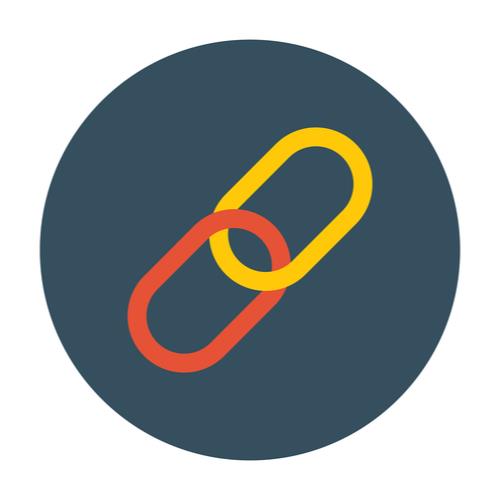22 May 2020
 The University of South Australia has been awarded almost $1.5 million in research grants through the ARC Linkage Grants Scheme, which will be matched with almost $3 million in cash and in-kind support from industry and stakeholder partners, to conduct research projects designed to improve sustainability and community wellbeing.
The University of South Australia has been awarded almost $1.5 million in research grants through the ARC Linkage Grants Scheme, which will be matched with almost $3 million in cash and in-kind support from industry and stakeholder partners, to conduct research projects designed to improve sustainability and community wellbeing.
Four key projects have secured funding - looking into support for people with intellectual disabilities in regional Australia; the development of a sustainable model for greenhouse gas abatement in agricultural food production; an evaluation of the role of aquatic and recreation facilities on community health and well-being; and research into the impacts of policies and practices on the settlement outcomes for young refugees and migrants.
UniSA Deputy Vice Chancellor Research and Enterprise, Professor Marnie Hughes-Warrington says the Linkage Grants Scheme is one that really focuses research to find immediate solutions and improvements.
“All of this research will bring about innovation by improving our understanding of how things work - how infrastructure can be planned to improve participation in healthy activities, how rural families can better plan for the long term care of children with disabilities; how local government and primary producers can work together to plan for sustainable land use; and how we can ensure young refugees settle in Australia with the psychological supports they need to thrive,” she says.
“This type of research, where we work side by side with our partners, is something UniSA is known for, and these current projects will deliver tangible benefits where they can influence better ways of living and delivering services to the community.”
The successful projects include:
Innovation in agricultural sector Greenhouse Gas abatement in NSW - led by Prof Jeff Connor
The goal is to develop a land sector greenhouse gas abatement, food production and environmental economics model for NSW. The aim is to identify innovation in carbon payment policy and brokerage business models to achieve agricultural GHG abatement, while improving sustainability. The team will evaluate the innovations of expert landholders, related businesses and governments to find ways to influence land use decisions. Benefits to flow to landholders, governments involved in land management and the public include increased productivity, profitability, biodiversity and ecosystem health in the context of future climate, agricultural commodity and carbon market uncertainties. Industry partner: NSW Department of Primary Industries
Rebuilding life after migration for young refugees and migrants - led by Assoc Prof Tahereh Ziaian
The research will provide a comprehensive understanding of refugee and migrant youth settlement experiences and their impact on psychological wellbeing and the role of support services. With a focus on the policies and practices that shape the settlement experiences of refugee and migrant youth, the study will provide settlement sectors and service providers with crucial new knowledge of how they can foster refugee and migrant psychological wellbeing. The end goal is to develop research-based guides to good policy and practice in settlement services to improve outcomes for immigrant communities. Industry partners: Australian Migrant Resource Centre; Multicultural Youth South Australia Incorporated; Newcomer Centre of Peel (Canada); Institute for Multicultural Counselling and Education Services (USA).
Exploring wellbeing outcomes in the aquatics recreation industry - Led by Assoc Prof Ian O’Boyle
The research will examine the impact of the use of public aquatic and recreation centres in Australia on individual wellbeing. Working across multiple locations, the project expects to generate new knowledge about the effect on users of different management and service models for the provision of aquatic and recreational infrastructure. Researchers hope to develop a quantifiable measure of social and emotional wellbeing that can guide both state and local governments and centre management towards best practice for maximising community wellbeing. Industry partners: SA Aquatic and Leisure Centre; Belgravia Leisure; Monash City Coucil;Toowoomba Regional Council; ACT Property Group; Southern Grampians Shire; Town of Port Hedland.
Post parental care planning for rural people with intellectual disabilities - Led by Assoc Prof Lia Bryant
This research will look at the urgent issue of post-parental care plans for people with an intellectual disability and their older parental carers in rural areas. It will focus on the development of co-designed plans with participation from people with an intellectual disability, older parental carers and disability services. The results will be used by the researchers to generate new knowledge on post-parental care transitions and how to construct post-parental care plans within the context of the National Disability Insurance Scheme so that families and service providers can avert crisis transitions to post parental care and improve service coordination. Industry Partners: Uniting Communities; BaptCare Ltd
Media contact: Michèle Nardelli phone: +61 418 823 673 or +61 8 8302 0966 email: michele.nardelli@unisa.edu.au




